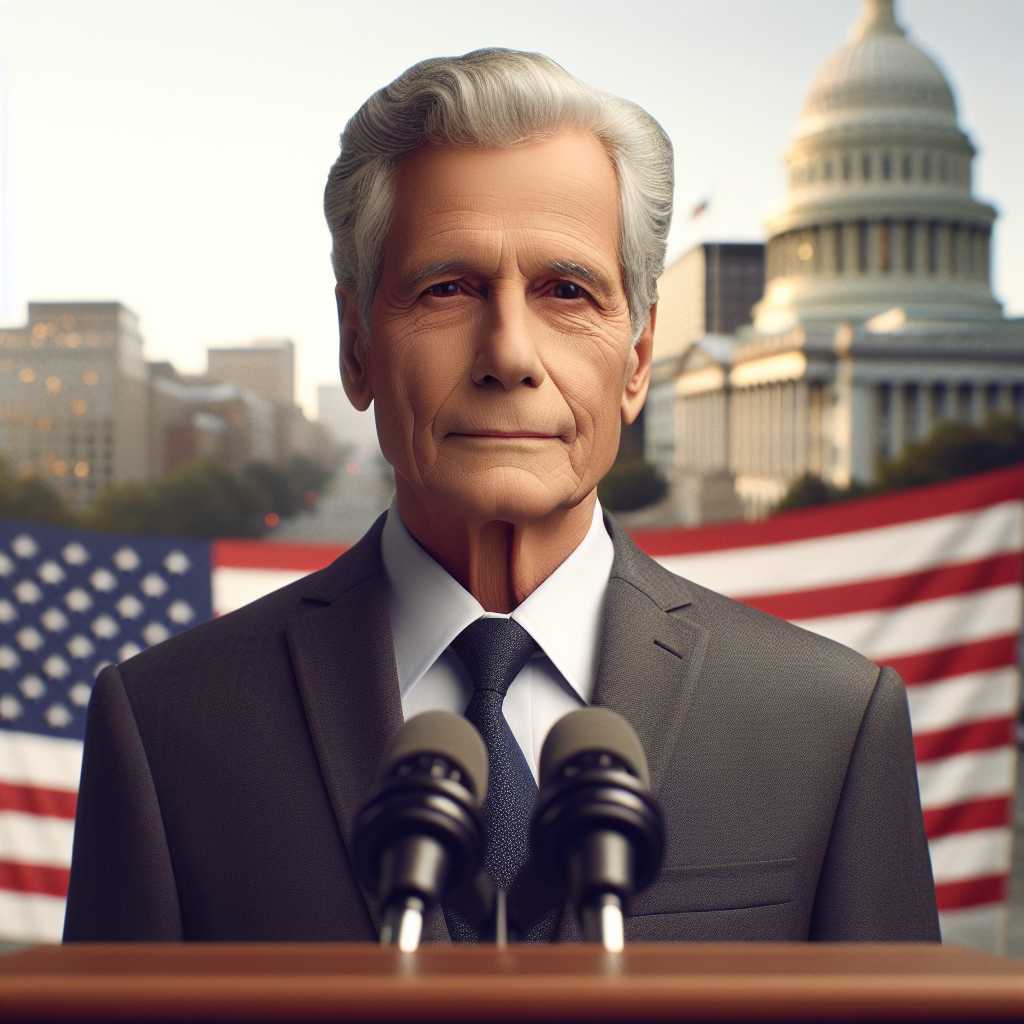Early Life and Political Foundations
Joseph Robinette Biden Jr., born in 1942 in Scranton, Pennsylvania, grew up in a working-class family that instilled in him values of perseverance and empathy. His early years were marked by challenges, including a stutter that he overcame through determination and practice. These formative experiences shaped his communication skills and public persona, making him relatable to many Americans.
Biden’s political career began in earnest when he was elected to the New Castle County Council in 1970, followed by a historic election to the U.S. Senate at just 29 years old. His tenure as a senator spanned over three decades, during which he developed expertise in foreign policy and judiciary matters. This period was crucial for building his reputation as a pragmatic legislator willing to work across party lines.
Throughout his early political journey, Biden demonstrated resilience, notably overcoming personal tragedies such as the loss of his first wife and daughter in a car accident shortly after his Senate win. These events deepened his public image as a figure of compassion and strength, traits that would define his later leadership style.
Vice Presidency and the Road to the White House
Serving as Vice President from 2009 to 2017 under Barack Obama, Joe Biden played a pivotal role during a transformative era for the United States. He was instrumental in advancing key legislative initiatives such as the Affordable Care Act and the economic recovery following the 2008 financial crisis. His experience in navigating complex policy environments enhanced his stature as a seasoned statesman.
Biden’s approach was characterised by his emphasis on bipartisanship and coalition-building, often acting as a bridge between differing political factions. His foreign policy acumen was also evident, particularly through efforts to reset relations with allies and manage conflicts abroad. This period solidified his image as a leader capable of steady governance amid tumultuous times.
The Vice Presidency also served as a platform for Biden to address pressing social issues, including advocating for cancer research through the Cancer Moonshot initiative, inspired by personal family battles with the disease. These efforts highlighted his commitment to using political power for tangible impacts on public health and welfare.
Presidency: Challenges and Achievements Amidst Global Shifts
Since assuming office in January 2021, Joe Biden has faced an extraordinary array of challenges, from managing the ongoing COVID-19 pandemic to addressing climate change and geopolitical tensions. His administration prioritised vaccine distribution and economic stimulus measures aimed at revitalising an economy battered by unprecedented disruption.
Biden’s climate agenda marked a significant pivot towards sustainability, rejoining the Paris Agreement and proposing ambitious infrastructure investments focused on green energy. These moves positioned the United States as more engaged in global environmental leadership after years of uncertainty.
On the international stage, Biden confronted renewed competition with China while seeking to restore alliances strained during previous administrations. His diplomatic efforts underline an overarching strategy of reaffirming American influence through partnerships rather than unilateral actions.
Domestically, however, Biden’s presidency has grappled with deep partisan divides and legislative gridlock on issues like voting rights reform and immigration policy. Despite these hurdles, his focus on unity and pragmatic governance continues to shape the national discourse.
Legacy and Future Prospects
Joe Biden’s legacy is still unfolding but is already defined by resilience amidst unprecedented global and domestic crises. His ability to draw from decades of political experience has enabled him to steer the country through complex transitions while maintaining a focus on core democratic values.
Looking ahead, Biden’s impact will likely be measured not only by policy outcomes but also by how effectively he manages generational shifts within American politics. His emphasis on empathy and inclusivity aims to bridge divides that have long challenged national cohesion.
Moreover, Biden’s presidency underscores the evolving nature of leadership in an interconnected world where domestic policies are inseparable from global dynamics. As such, his tenure offers valuable lessons on adaptability, coalition-building, and prioritising long-term stability over short-term gains.
In conclusion, Joe Biden’s journey from Scranton to the White House epitomises a narrative of perseverance and dedication to public service. His leadership reflects both the complexities of modern governance and the enduring hope for progress through unity.
Notes
- Joe Biden is the oldest person ever inaugurated as U.S. President at age 78.
- During his Vice Presidency, Biden was credited with helping pass one of the largest economic stimulus packages in U.S. history.
- The Biden administration re-entered the Paris Climate Agreement on its first day in office.

